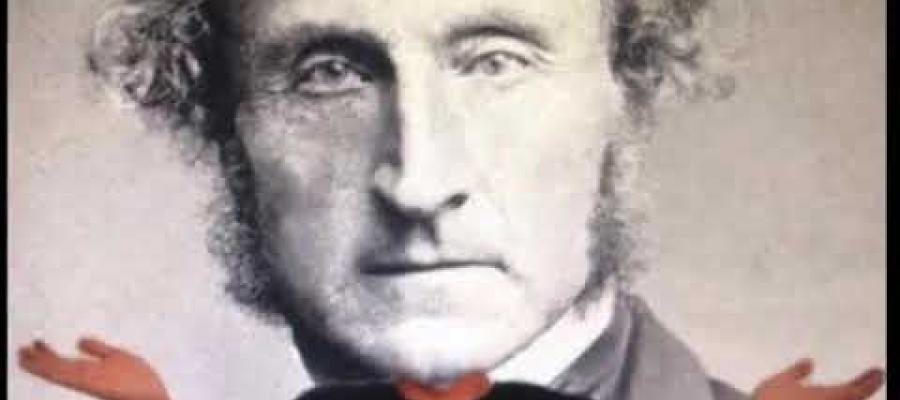Tolerance and Radical Disagreement
08
Jun 2019
What should you do in the face of radical disagreement? Do you live and let live, or try to convince the other person they’re wrong? Are some ideas just too terrible to tolerate? These are some of the questions we're tackling on this week's show.
Read moreLetting Go of Human Nature
11
Jun 2019
The idea of human nature is riven with controversy. Some scholars—often those in the humanities—argue that there’s no such thing, while others—often those in the social and biological sciences—regard its “denial” as anti-scientific. So is there any point hanging onto this controversial idea?
Read moreReader’s Block and Bad Philosophy
18
Jun 2019
“Reader’s block” might refer to anxiety about reading some intimidating book; reluctance to read at all; or that special frustrating phenomenon where you drag your eyes over the lines of a page without taking anything in. Sometimes it's the result of a philosophical mistake about reading.
Read moreDoes Thinking Help Stop Fake News?
21
Jun 2019
What makes people susceptible to fake news? Does reasoning tend to lead to less bias or more distorted beliefs? In other words, are people who are reflective more or less likely to be suckers for fake news? This question has resulted in a wide-ranging debate with two camps.
Read moreJS Mill and the Good Life
22
Jun 2019
This week, we’re thinking about J.S. Mill and the good life. While Mill valued individual choice and freedom, he was also a utilitarian who believed you should always do what produces the greatest happiness for the greatest number. Can these strands of Mill's thought be reconciled?
Read moreA Licentious Lannister?
03
Jun 2019
Actor Nikolaj Koster-Waldau is far better than Jaime Lannister, the character he plays on Game of Thrones. But he is sometimes criticized for portraying a character that normalizes depraved behavior. Which raises the question: is it immoral to produce fiction that represents bad behavior people might emulate?
Read more#FrancisOnFilm: I Am Mother
06
Jun 2019
Sci-fi thriller I Am Mother is due out on Netflix tomorrow. It's a fantastic philosophical movie that raises all kinds of philosophical questions about abortion, reproduction, enhancement, population policy, and especially about what it means to be a good mother.
Read more




